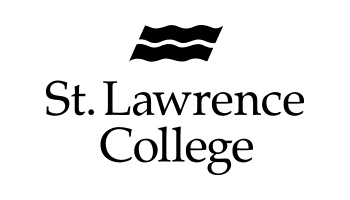Program Overview
このプログラムは、流動性の高い観光産業で、やりがいに満ちた優れた機会を提供します。雇用者のニーズを反映したスキルを習得することにより、仕事環境への対応に役立てていただけます。学習するテーマ分野の一部として、芸術や文化観光、ホスピタリティやツーリズムの法律、スポーツ観光、特別なイベントの計画と管理、エコやアドベンチャーツーリズム、歴史観光があります。
Admission Requirements
高校卒業以上(Math 11並びにEnglish 12、もしくはそれらに相当する科目の修了を含む) また下記、いずれかの英語力条件を充たしていること ※実際の入学許可は成績証明書等、必要書類提出後に審査を経て確定されます。
- Canadian College of English Language Level 140, Pass with 60%.
- セントローレンスカレッジ附属ESLアドバンス修了(60%以上のスコアの取得)
- IELTS6.0 (各セクション、5.5以上)
- TOEFL CBT 213 もしくは TOEFL IBT 78






